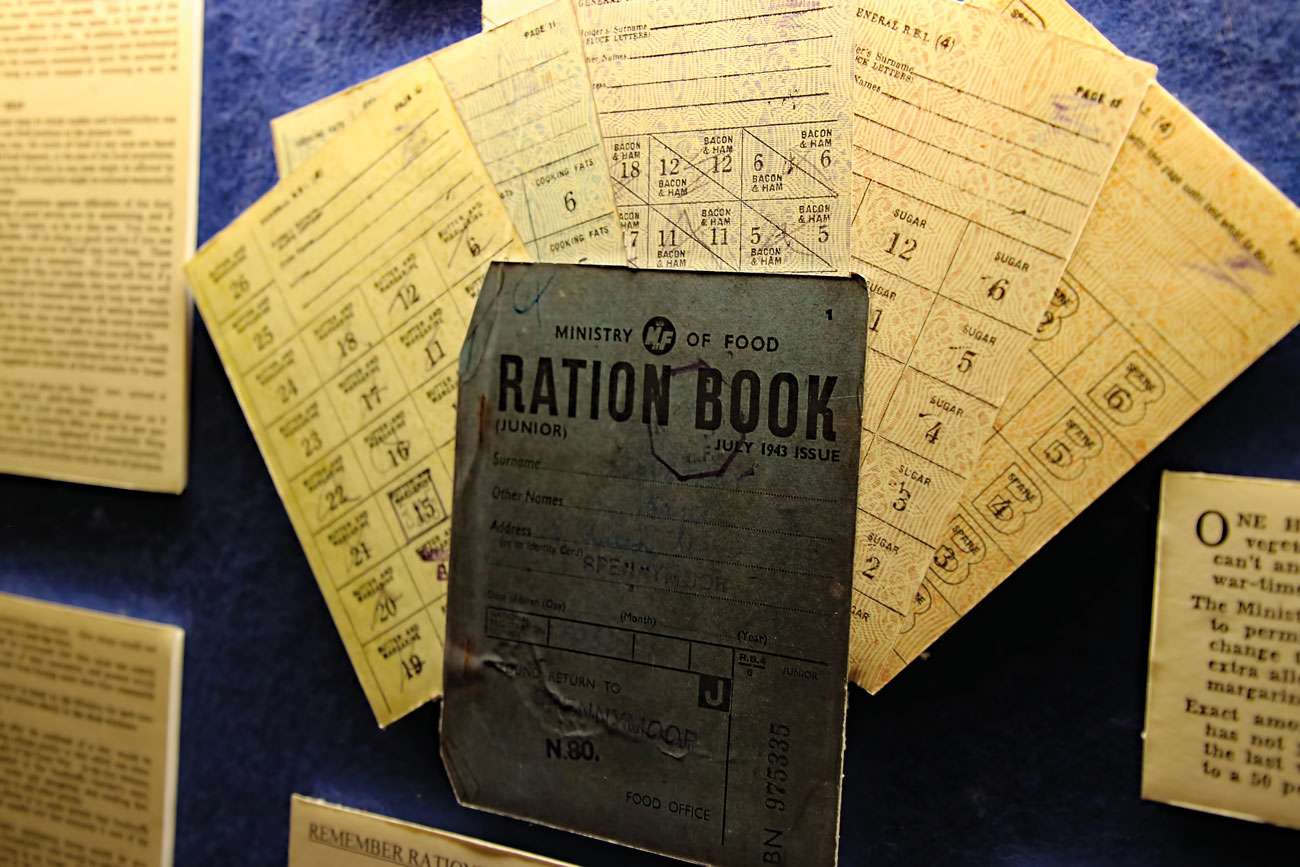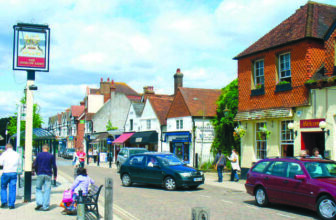
Lessons from the Past
As we remember the centenary of the end of the First World War this month, I am particularly aware of the number of centenarians and nonagenarians that are still with us. My father’s group of friends, and himself included, all lived to the ripe old age of 98 years or more – up to 105 years old. My father, who recently died at the age of 98 years, joined the army at 18 years old, served in France during WW2 as a radio operator, was blown up in a lorry (and survived) and was evacuated at Dunkirk – arriving back on English soil with no shoes and socks. And yet he had none of the chronic lifestyle diseases which seem to plague younger generations today.
Why is that? Luck, genetics or could it be the food they ate as children and young adults and the active lifestyles they led?
Rationing of certain foods was introduced in 1918 close to the end of World War One, after German submarines had succeeded in sinking ships carrying imports into Britain.The first item to be rationed was sugar in January 1918, but by the end of April meat, butter, cheese and margarine were added to the list.
Rationing began again during the Second World War when bacon, butter and sugar were rationed. By 1942 many other foodstuffs, including meat, milk, cheese, eggs and cooking fat were also ‘on the ration’. The government encouraged households to set up ways to produce more food on the home front. One way was to grow their own fruit and vegetables, largely from seed. The campaign was known as Dig for Victory. Rationing was so severe that householders needed little encouragement.
Some typical weekly food rations for an adult:
• 4oz/100g Bacon & Ham
• Other meat (Equivalent to 2 chops)
• 2oz/50g Butter
• 2oz/50g Cheese
• 4oz/100g Cooking fat
• 3 pints/1.7litres Milk
• 8oz/250g Sugar
• 1lb/500g Preserves (every 2 months)
• 1 fresh egg (plus allowance of dried egg)
• 12oz/350g Sweets (every 4 weeks)

Today in Blue Zones around the world we see many people living past their 100th birthday, whilst being fit and well. Their diet is mostly plant based, with a little meat, low in simple carbohydrates (such as sugar) with plenty of healthy fats, very similar in fact to the diet during the two world wars. As a result of this style of eating the calorific daily intake is much lower than a typical Western diet and it has been shown that this can lead to a prolonging of life. This is due to the fact that a highly processed, refined western diet has been shown to affect the length of our telomeres. Telomeres are the caps at the end of each strand of DNA that protect our chromosomes, like the plastic tips at the end of shoelaces. Without the coating, shoelaces become frayed until they can no longer do their job, just as without telomeres, DNA strands become damaged and our cells can’t do their job. Telomeres allow cells to divide producing new skin, blood, bones and other cells. With each cell division, telomeres get shorter so that as we age they wear away like a candle burning a wick down. Evidence has recently emerged that our telomeres can regrow if we switch to and maintain a healthy lifestyle.
Looking back to how children grew up in the early 20th century, they were very active compared to their 21st century equals. Only one in ten households owned a car back then and walking or cycling was the order of the day. Women, girls and boys dug the land, carried milk churns as well as sacks of potatoes and undertook many laboriously intensive tasks each day. In comparison, we lead far less active lives, spend a high proportion of our waking hours sitting, we eat a higher number of calories with an increase in white starchy foods, sugary processed foods and takeaways. Lastly we spend a lot less time out in nature in and around natural light sources.
Therefore the lessons we can learn 100 years on, is that a simple and wholesome lifestyle, where the growing of fruit and vegetables is encouraged and where plenty of activity feature in every day living, along with an ample dose of natural light is the key to wellness and longevity. Many lives were lost fighting for the freedom that we now enjoy today. Let us not take for granted the life we have been given. Each day is a gift and it’s never too late to make a change for the better. It is because of our Grandfathers and Fathers that we have this opportunity.
Lest we forget.
Questions? Advice? Health issues?
Email me: sue@thegenuinelivingcompany.com











